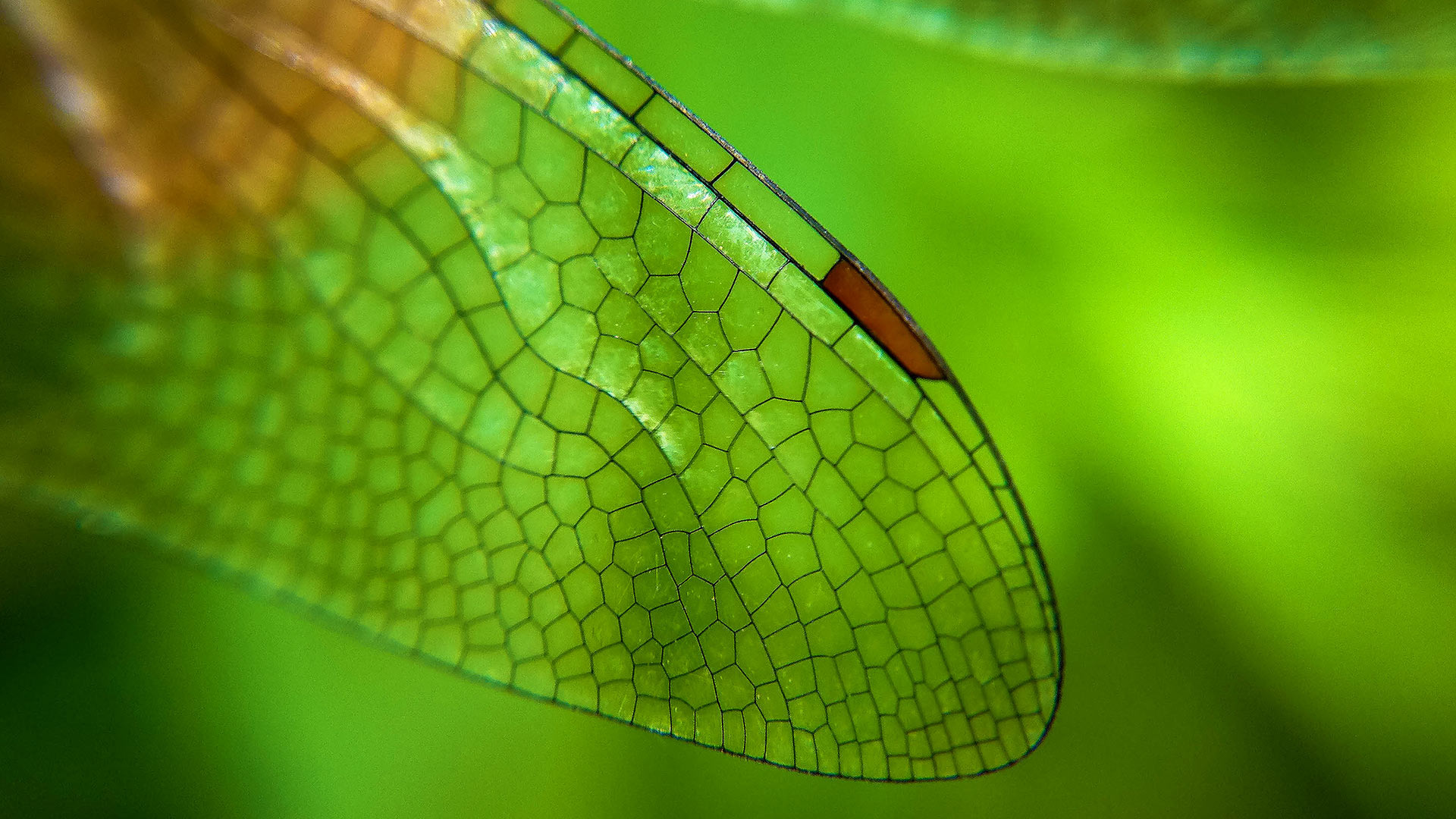Introduction
In recent years, animal cremation has become increasingly popular in China. This trend has had a significant impact on the treatment of pets, including guinea pigs. As more Chinese pet owners seek to give their beloved animals a dignified farewell, the demand for pet cremation services has surged. This has led to changes in how guinea pigs are treated after their passing.
Cultural Shift
The rising popularity of animal cremation in China can be attributed to a shifting cultural mindset towards pets. Traditionally, Chinese culture did not place as much emphasis on the treatment of animals. However, with the country’s growing middle class and increased pet ownership, there has been a notable shift in attitudes towards pets. Many Chinese now view their pets as members of the family, and as a result, they want to give them a proper send-off when they pass away.
Impact on Guinea Pigs
Guinea pigs, as popular household pets in China, have been directly impacted by this trend. Previously, when a guinea pig died, it was often disposed of in a way that did not honor its life. However, with the increase in pet cremation services, owners now have the option to have their guinea pigs cremated and receive their ashes in urns. This allows them to properly memorialize their beloved pets and keep their memories alive.
Business Opportunities
The rising demand for pet cremation services in China has also opened up new business opportunities. Pet crematoriums and cemeteries have been established to cater to the growing market. These facilities offer various options for pet owners, including individual cremation, communal cremation, and burial services. The rise of these businesses has not only met the needs of pet owners but has also created jobs and boosted the economy.
Conclusion
The rising popularity of animal cremation in China has had a significant impact on the treatment of guinea pigs and other pets. As attitudes towards pets continue to evolve, the demand for pet cremation services is likely to increase further. This trend reflects the changing dynamics of pet ownership in China and the importance that people place on honoring the lives of their beloved animals.








